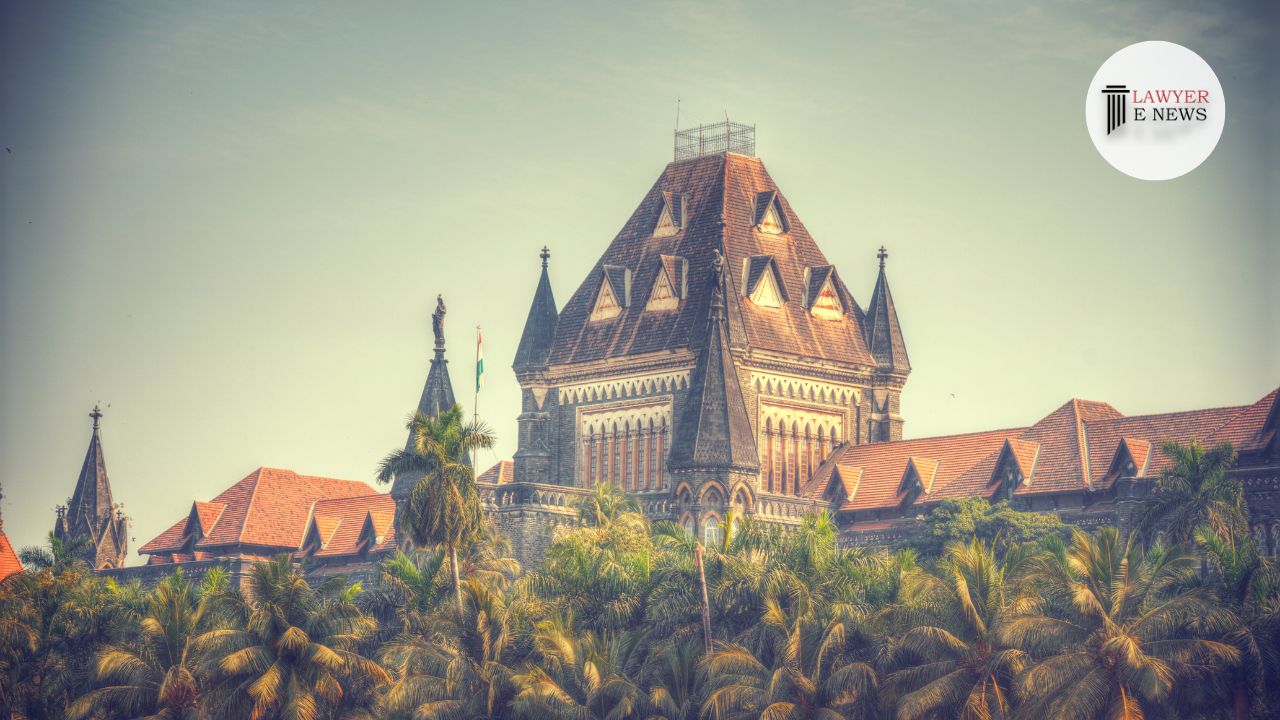-
by sayum
14 February 2026 2:22 PM



Justice N.J. Jamadar emphasizes the severity of charges and material evidence against Pritam Chandulal Oswal while rejecting bail application.
The Bombay High Court has refused the bail application of Pritam Chandulal Oswal, who is accused of multiple severe offenses, including sexual assault, physical abuse, and threats against a 28-year-old woman. Justice N.J. Jamadar delivered the judgment on July 3, 2024, underscoring the significant risks posed by the accused’s potential flight and intimidation of witnesses, alongside the overwhelming material evidence presented against him.
The case against Pritam Chandulal Oswal involves grave allegations of prolonged sexual exploitation, physical abuse, forced abortion, and threats of violence against the first informant, who met Oswal through social media. The incidents detailed by the informant span several years, with the alleged abuses culminating in a miscarriage caused by physical assault. Despite claims of a consensual relationship by the accused, the prosecution presented substantial witness statements and digital evidence supporting the informant’s allegations.
The defense argued that the delay in filing the FIR and the nature of the relationship indicated consensual interactions. However, the court noted that the material evidence and the context of threats and abuse during the informant’s pregnancy provided a credible explanation for the delayed report. Justice Jamadar observed, “The submission of a consensual relationship is not tenable given the evidence of exploitation and threats.”
Justice Jamadar emphasized the consistency and detail in the witness statements, which included descriptions of physical and sexual abuse, financial exploitation, and a miscarriage caused by assault. The court found these statements, coupled with WhatsApp conversations, to be credible and compelling. “The statements of the first informant’s relatives and associates corroborate the serious allegations against the applicant,” noted Justice Jamadar.
The court highlighted the accused’s attempt to escape custody and the documented threats to the informant and her family. These factors significantly influenced the decision to deny bail. Justice Jamadar stated, “The risk of the applicant fleeing and the potential harm to the informant and her family members necessitate the denial of bail.”
Justice Jamadar meticulously examined the principles governing bail applications in cases involving severe charges. The judgment referenced multiple precedents, reinforcing the need to prioritize the safety of the victim and the integrity of the judicial process over the accused’s liberty. “The severity of the charges and the overwhelming material against the applicant justify the refusal of bail,” concluded Justice Jamadar.
Justice N.J. Jamadar remarked, “Consensual relationship, even if taken at par, does not give a license to exploit the partner, much less in the manner indicated by the material on record.”
The Bombay High Court’s decision to deny bail to Pritam Chandulal Oswal underscores the judiciary’s commitment to addressing serious offenses with the gravity they deserve. By focusing on the substantial evidence and the risks posed by the accused, the judgment reinforces the legal framework protecting victims of severe crimes. This decision is expected to set a precedent for handling similar cases, ensuring that justice is served without compromise.
Date of Decision: 3rd July 2024
Pritam Chandulal Oswal vs. The State of Maharashtra
